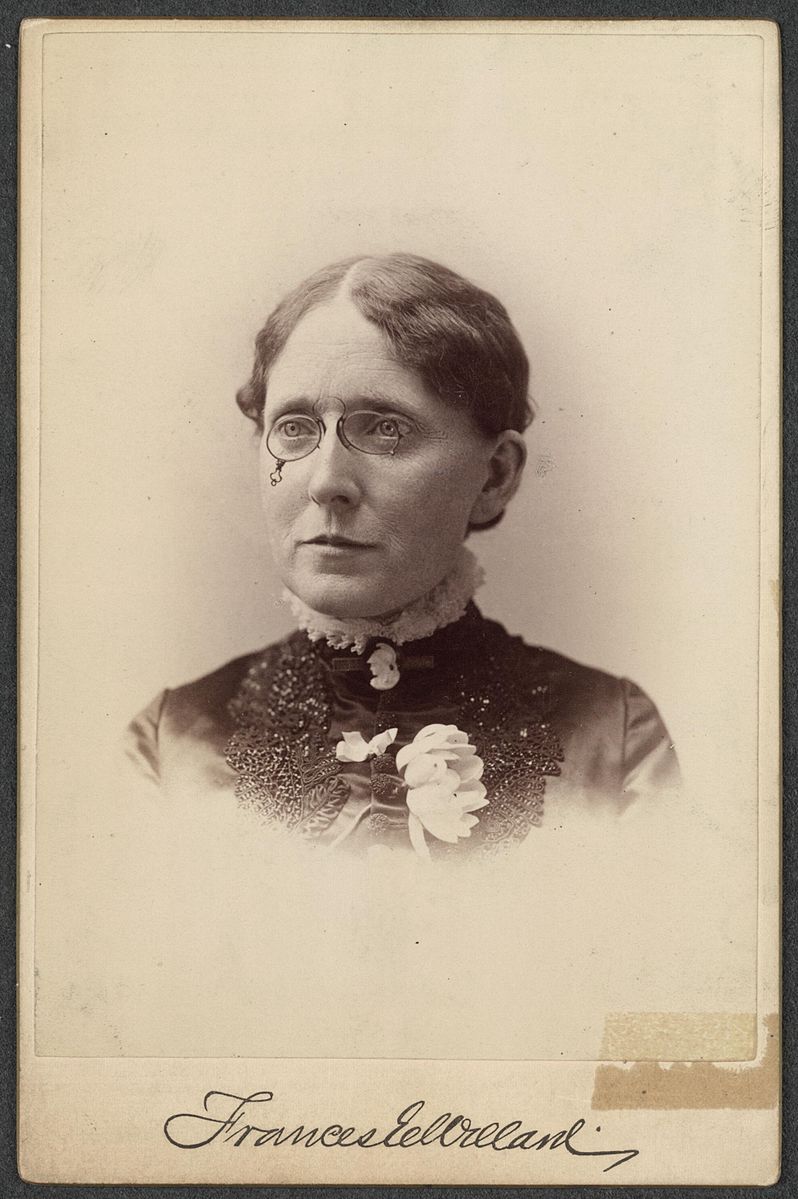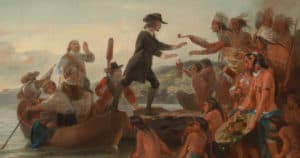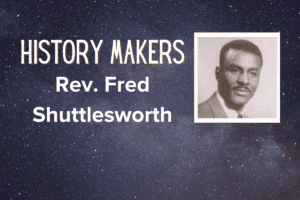 (1839-1898)
(1839-1898)
“Two things must occupy your thinking powers to the exclusion of every other thing: first, the goal; and second, the momentum requisite to reach it.”
Remarkably, when Frances Willard penned these words three years before her death, she was not looking back at her work as leader of the Women’s Christian Temperance Union, her tenure as a college and university administrator, her tireless stumping for women’s suffrage, her battle against prostitution, her advocacy of prison reform, or any of her other social causes—but was rather referring to her late-life attempt to master the riding of a bicycle!
Goal and momentum were watchwords for Willard throughout her life. Born in Churchville, N.Y., in 1839, Willard moved with her family six years later to a farm in Wisconsin Territory. From childhood she had her eyes fixed on acquiring a higher education. She first attended Milwaukee Female College with her sister, Mary, and then transferred to Northwestern Female College near Chicago, Ill., where she graduated with honors and served as valedictorian of her class.
Known as “Frank” to her family and friends, Willard held a series of teaching posts in the years after graduation and then in 1868 embarked on a lengthy tour of Europe to study firsthand its art and classical ruins. Upon her return in 1871, she was named president of the newly established Evanston College for Ladies, which was absorbed into Northwestern University in 1873. Willard was named dean of women of the newly coeducational institution and also served as a professor of aesthetics. Although she achieved a major goal by bringing self-government to the student body, she was in constant conflict over other issues with the newly appointed university president, Charles Henry Fowler (who happened to be her former fiancé), and she found her administrative power diminishing. She resigned her position in 1874.
Writing of Willard’s leave-taking, one of her former students recalled that she knew then the great future that lay ahead for her beloved teacher: “There could be no bounds set for her that had such inimitable mental power, such unwavering purpose. Her amiability, her originality, her talent for organization, and her silver-tongued oratory rendered her a leader and won for her sincere devotion.”
It did not take long for Willard to take up a new mission. The temperance movement, which had been around in one form or another since Colonial days, was suddenly being invaded by women. In 1873 the Women’s Temperance Crusade had swept over 23 states, with women church members going arm-in-arm into saloons, where they sang hymns, prayed, and implored saloon-keepers to stop selling liquor. In November, 1874, a coalition of temperance crusaders was formed under the banner of the National Women’s Christian Temperance Union.
Turning down a position as head of a prestigious girls’ school, Willard threw her energies instead into the temperance crusade and became secretary of the Illinois chapter of the newly formed WCTU. Her gift for public speaking soon gave her a prominent role on the group’s lecture circuit, and she traveled ceaselessly to present the temperance message at home and abroad. In 1879 she became president of the national organization, a position she held until her death.
Willard saw the WCTU as a platform from which women could address a variety of social ills and injustices, and under her leadership the organization expanded its conscience far beyond the issue of temperance. She declared a “Do Everything Policy” and set up departments to address such causes as a living wage, an eight-hour day, courts of conciliation and arbitration, an improved policy toward Native Americans, abolition of prostitution, reform of civil service and prisons, and the thorny issue of women’s suffrage.
Willard addressed such causes as a living wage, an eight-hour day, courts of conciliation and arbitration, an improved policy toward Native Americans, abolition of prostitution, reform of civil service and prisons, and the thorny issue of women’s suffrage.
The latter cause had been a focus of Willard’s since girlhood. In a journal entry written in 1856, the 17-year-old wrote of watching with her sister as their 21-year-old brother, Oliver, rode off in the family wagon with their father and the farm’s hired hands to vote for “free-soiler” candidate John C. Fremont in the presidential election: “Somehow I felt a lump in my throat, and then I could not see their wagon any more, things got so blurred. I turned to Mary, and she, dear little innocent, seemed wonderfully sober, too. I said, ‘Wouldn’t you like to vote as well as Oliver? Don’t you and I love the country just as well as he, and doesn’t the country need our ballots?’”
Willard began her campaign for suffrage by calling for a “home protection ballot,” which would give women a limited right to vote on temperance matters. In 1881 she introduced leading suffragist Susan B. Anthony from the WCTU podium, and in 1882 she brought the WCTU firmly out in support of suffrage. Although Willard was largely successful in bringing WCTU members to the cause of suffrage, she was not able to bring them to the other political activism that she felt was essential. In 1882 Willard joined the Prohibition Party and in 1890 plunged her energies into the new Populist Party, but she was unsuccessful in bringing the populists to support women’s suffrage or the prohibitionists to embrace populism.
In addition to the right to vote, Willard advocated for women’s right to become ministers of the church. Towards the end of her life she wrote, “I should have loved best of all to be a Gospel Preacher.” While vigorously working for societal reform and always open to new ways of thinking, she remained a dedicated Christian throughout her life, rooting her ideas in her faith.
In 1892 Willard began spending much of her time in England. There, under the influence of the Fabians she came to see poverty rather than intemperance as the chief cause of social ills. At the 1897 conference of the national WCTU she shocked delegates by embracing socialism: “Socialism is the higher way; it enacts into everyday living the ethics of Christ’s gospel. Nothing else will do.”
Willard, who remained unmarried all her life, died of influenza while visiting New York City in February 1898, her position with the WCTU largely eroded by her embrace of broader political causes.
~ Leslie Hammond


